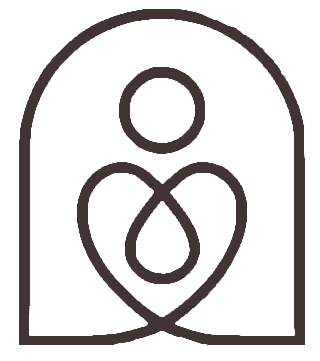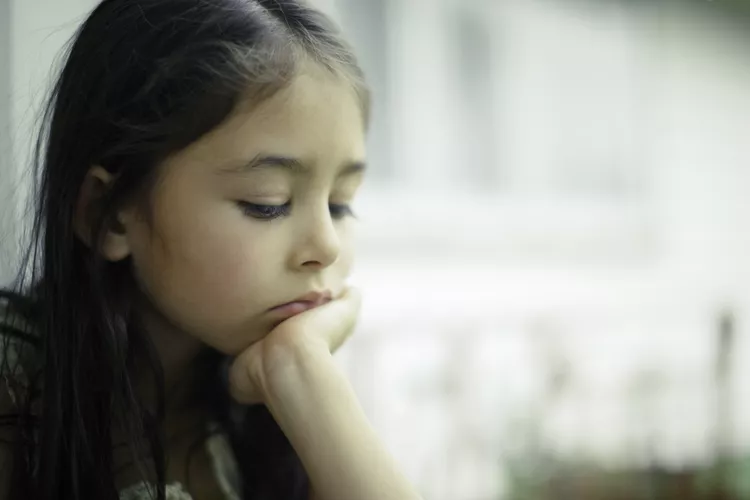Your cart is currently empty!
Every family is its own ecosystem. Each person brings their nervous system, their history, and their ways of coping. When there are unrecognized struggles — traits that might come from undiagnosed conditions, unresolved trauma, or simply unexamined weaknesses — these can ripple through the family field. Sometimes, without anyone meaning to, the atmosphere becomes toxic for the most sensitive members: the children.
How It Begins: Unseen Vulnerabilities
Not all wounds are visible. When a parent has suffered relational abuse or misattunement from their own parent — perhaps growing up in a home where empathy, safety, or respect were missing — they may have never developed the capacity to truly attune to others. To cope, they may lean on control, dominance, or self-importance to feel secure. Another caregiver, anxious or insecure, may avoid conflict by enabling those patterns rather than challenging them. Together, these unexamined traits can set the tone of the family system.
The parent at the center may not be consciously cruel. Rather, their lack of awareness leaves them blind to the impact of their behavior. They may override or dismiss the emotional needs of their children, not out of intent to harm, but out of habit — because empathy was never modeled or practiced for them.
The Role of Enablers
Other adults in the system may notice the harm but feel powerless to address it. Sometimes they fear conflict; other times they may carry their own unresolved insecurity and believe that silence keeps the peace. By not standing up for empathy and understanding, they unintentionally reinforce the dominant pattern.
This creates a subtle but powerful message: the one with the loudest ego is the one whose reality is accepted.
The Impact on Children
Sensitive children, who naturally feel deeply and attune closely to the emotional atmosphere, are often the ones who suffer most. When their needs for empathy, validation, and safety are unmet, they may become scapegoated. Their struggles — anxiety, sensitivity, anger, or withdrawal — can be labeled as “the problem,” while the family avoids examining its deeper dynamics.
Over time, children may internalize the belief that they are flawed, broken, or too much. In reality, they are simply reflecting the imbalance of the system.
Shifting the Lens
It is important to emphasize: no one chooses these patterns with malicious intent. They are the echoes of unaddressed pain carried forward through generations. A lack of empathy in one person, avoidance in another, and silence from others combine to create a dynamic where children are left without the emotional scaffolding they need.
For the children, especially the most sensitive and aware, this is not simply “a difficult atmosphere.” It is experienced as emotional abuse — a steady erosion of their sense of safety and self-worth. Their pain is often invisible to outsiders, and even to members of the family who are less sensitive to the undercurrents. Yet inside, these children suffer profoundly, carrying wounds that can shape their nervous systems and identities for years to come.
Awareness is the first step. When we begin to see how family systems function, we can move from blame to understanding — and from understanding to change.
Toward Healing
Breaking these patterns requires courage. It means adults learning to pause and reflect, asking:
- Am I silencing my own empathy to keep the peace?
- Am I projecting my discomfort onto my child instead of looking inward?
- Am I ignoring the issues because they feel too difficult to face?
- Am I willing to challenge the family rules that no longer serve us?
When even one person in the system chooses empathy, it can begin to shift the entire field. Children, in particular, thrive when they feel seen, heard, and validated — not pathologized or scapegoated.
Conclusion
Family dynamics can become toxic not because anyone is evil, but because unexamined struggles and survival strategies go unspoken. When a lack of empathy dominates and others remain silent, children carry the burden.
For sensitive children, this burden can amount to emotional abuse — leaving deep imprints that shape who they believe themselves to be. Awareness helps us see these patterns for what they are: inherited defenses, not truths about a child’s worth. By bringing compassion, courage, and empathy back into the family field, we can create space for healing — and protect the most sensitive among us.
If You Need Support
If reading this stirs something in you — perhaps memories of your own family experiences, or recognition of patterns you’re living through now — please know you don’t have to hold it alone.
I offer trauma-informed coaching through Healwise, where we can gently explore these dynamics together and support your nervous system in finding safety and clarity. You can learn more on my Coaching Information Page.
The heart of change is not blame, but awareness. Once we see the pattern, we can begin to choose something different.

